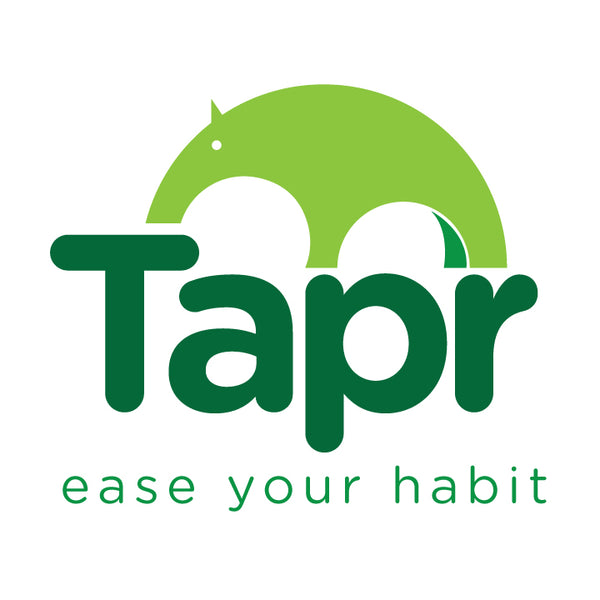Breaking Free: How Emerging Supplements Like N-Acetylcysteine Are Supporting Cannabis Cessation
Share

The journey towards reducing or quitting cannabis use is unique for everyone, characterized by its own set of challenges and milestones. While traditional support systems and therapies play a crucial role in this process, recent research has illuminated the potential of certain supplements to aid in cannabis cessation. Among these, N-Acetylcysteine (NAC) has emerged as a beacon of hope for many looking to break free from marijuana dependency. This post delves into how NAC can support individuals on their path to recovery, highlighting the science behind its efficacy and how it can be integrated into a comprehensive approach to quitting cannabis.
Understanding N-Acetylcysteine (NAC)
N-Acetylcysteine is a derivative of the amino acid L-cysteine, a precursor to glutathione, an antioxidant that plays a crucial role in reducing oxidative stress and supporting detoxification processes in the body. NAC has been used in clinical settings to treat acetaminophen overdose and to loosen thick mucus in individuals with cystic fibrosis or chronic obstructive pulmonary disease. However, its benefits extend beyond these applications, touching the realm of psychiatric and addictive disorders.
The Science Behind NAC and Cannabis Cessation
Research has begun to explore the role of NAC in treating various forms of addiction, including cannabis use disorder. The underlying mechanism involves NAC's ability to regulate the levels of glutamate, a neurotransmitter associated with the reward system of the brain. By modulating glutamate activity, NAC can reduce the craving for cannabis and decrease the likelihood of relapse.
- Clinical Studies: Several studies have shown promising results, with NAC supplementation leading to a reduction in cannabis use among adolescents and young adults. Participants receiving NAC were more likely to have negative drug tests and reported fewer cravings.
- Safety Profile: NAC is generally well-tolerated, with few side effects reported. Its safety, coupled with its potential efficacy, makes it an attractive option for those struggling with cannabis dependency.
Integrating NAC into Recovery Plans
While NAC can be a valuable tool in the arsenal against cannabis dependency, it's important to approach it as part of a broader, holistic recovery plan:
- Consultation with Healthcare Providers: Before starting any new supplement, including NAC, consulting with a healthcare provider is crucial. They can provide guidance on appropriate dosages and ensure that NAC is safe for you, especially if you have existing health conditions or are taking other medications.
- Combination with Traditional Therapies: NAC is most effective when used in conjunction with traditional therapies, such as cognitive-behavioral therapy (CBT), motivational interviewing, and support groups. These therapies can address the psychological aspects of addiction, while NAC targets the physiological.
- Lifestyle Modifications: A healthy lifestyle, including a balanced diet, regular exercise, and adequate sleep, can enhance the benefits of NAC and support overall well-being during the recovery process.
As we continue to navigate the complexities of cannabis use and cessation, the emergence of supplements like N-Acetylcysteine offers a new avenue of support for those seeking to quit. By addressing the physiological underpinnings of addiction, NAC, in conjunction with comprehensive treatment plans, can make a significant difference in the journey towards recovery. As research progresses, the hope is that more individuals will find freedom from cannabis dependency, armed with a wider range of tools and resources to support their success.
